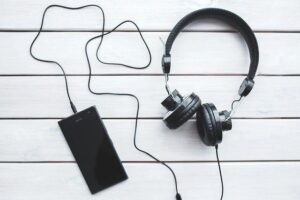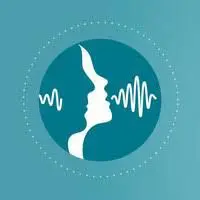hearing
SPI-1005 finished Phase 3 clinical trials with positive results In 2021, I wrote a blog about an investigational new oral drug for treating Ménière’s Disease. Known as SPI-1005, it contains ebselen, a new chemical with antioxidant and anti-inflammatory activity. At the time, participants with a definite history of Ménière’s Disease were recruited for SPI-1005 Phase 3…
Read MoreThere are different types of dementia and Alzheimer’s is one of them. And so, not all dementia or cognitive decline is Alzheimer’s. However, Alzheimer’s Disease is said to be the most common cause of dementia in older adults. Alzheimer’s is a brain disorder that develops slowly over time. As it progresses, widespread toxic changes attack…
Read MoreHearing help is not limited to hearing aids. Many people use an array of assistive listening devices to boost communication and hearing anytime and anywhere. Although required by the ADA (Americans with Disabilities Act) hearing accommodation in public places is at best spotty and not very well publicized. And so, I don’t travel without my…
Read MoreHearing connects us to our social and professional worlds. It allows us to enjoy the sounds of speech, nature, and music. Unfortunately, people all too often fail to appreciate this precious sense. They rarely feel motivated to protect and preserve their hearing. They take it for granted until it fades away and they experience the…
Read MoreEver since I got a sound level meter app for my Android phone, I am a lot more confident with decisions regarding sound exposures for my already damaged ears. A click of the button lets me know at once whether I am headed into an overly loud, ear-unfriendly place. And I want to avoid more…
Read MoreSuch a contradiction: Not hearing well and understanding even less, yet being overly sensitive to sound? How can this be? Once more, we are reminded that damaged hearing systems do not behave in a logical fashion. Shortly after my sudden, severe hearing-loss the sounds of everyday life turned into unexpected challenges. What never bothered me…
Read MoreOver-simplifying hearing loss? The son who had accompanied his mother to a hearing loss meeting shared confidentially that he liked his music loud and that he did not worry about hearing damage. He felt that he heard enough and that nowadays hearing loss is easy. “With all of that technology out there, you fix it…
Read MoreOTC hearing aids will be “self-fitting,” non-prescription devices. They will be regulated by the Food and Drug Administration (FDA) but people can buy them Over-the-Counter without a prescription or the input of any professional help. Would-be users will be on their own when it comes to deciding if they qualify for these devices because they are…
Read MoreA sound processing disorder The technical term for “Lazy Ear” is ambly-audia, which means dulled or blunted hearing. Although the condition can be genetic, it is often acquired during the phases of hearing development and maturation in infancy and throughout the childhood years. Lazy Ear or amblyaudia is lopsided, asymmetrical hearing, which results from sound processing challenges…
Read MoreDuring the month of May, people are called upon to raise awareness on many diverse topics. It is also my birth month. But I never ever thought that May would become important to me as “Better Hearing and Speech” Month. Connections through Communication Every year since 1927, the American Speech-Language-Hearing Association (ASHA) dedicates the month…
Read More


